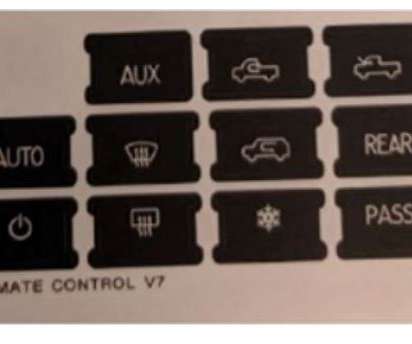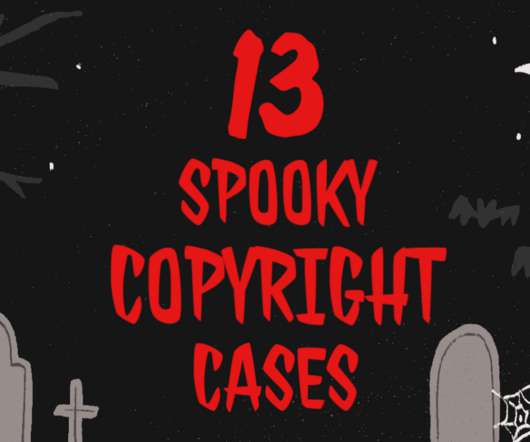5th Cir affirms fair use on a motion to dismiss, fee award to D
43(B)log
MARCH 1, 2022
25, 2022) “The softball team and flag corps at a public high school outside Fort Worth used their Twitter accounts to post a motivational passage from sports psychologist Keith Bell’s book, Winning Isn’t Normal.” He sued; the court of appeals affirms a finding of fair use on a motion to dismiss and an award of attorneys’ fees.












Let's personalize your content